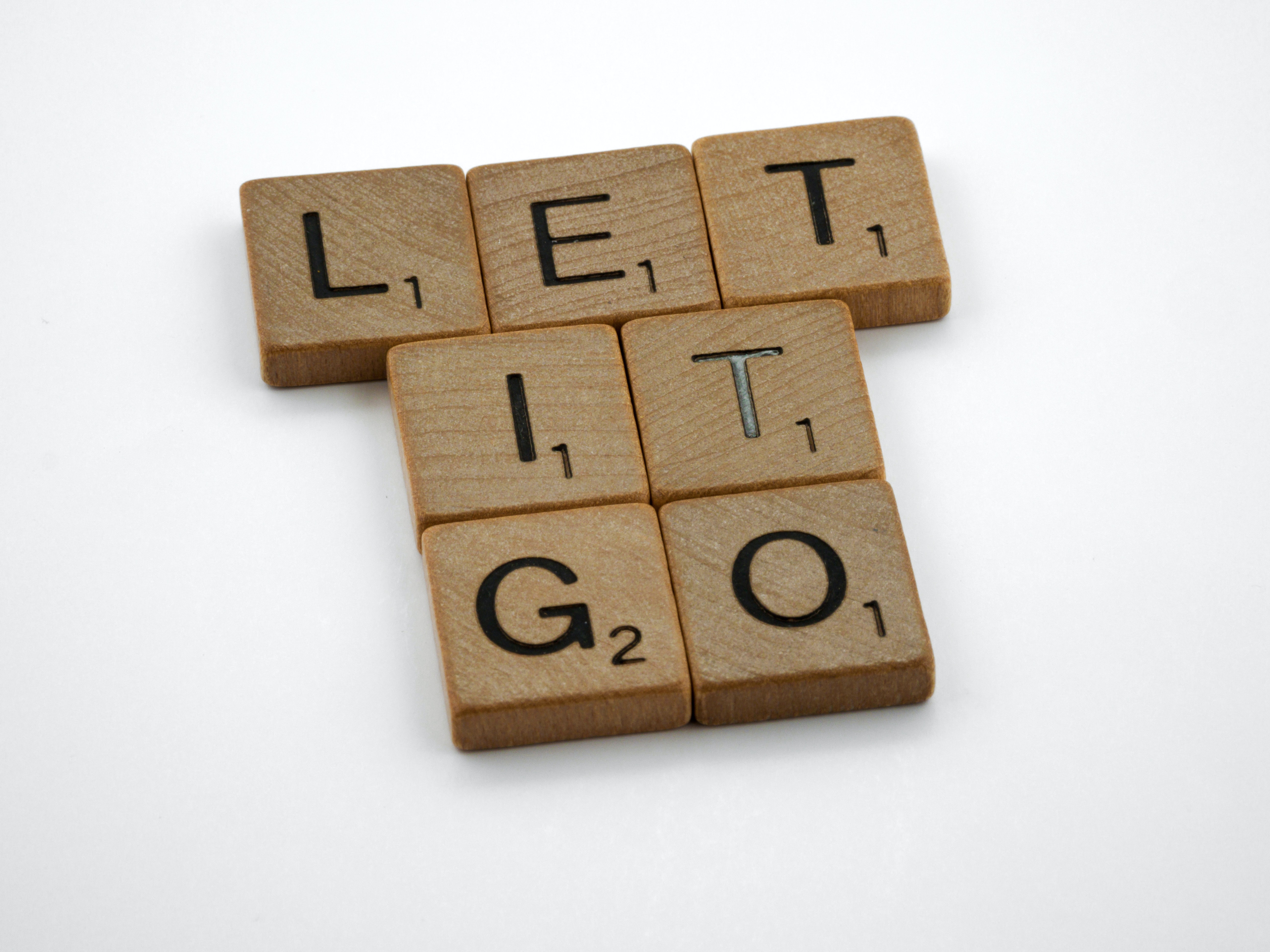
Letting go is an art and strengthens our mental health - but too often our hearts are attached to objects.
In our meritocracy, status symbols such as brand-name clothes, jewellery, a fancy car or the latest smartphone are often acknowledged with respect, but also with envy. The possession of beautiful or many things can make us feel good, promise security or become a burden. What happens to us mentally when we love things? What does this have to do with our ability to let go emotionally? And what is the context of all this with our mental health?
Especially now at the beginning of the new year, many of us have made good resolutions to clean out properly. This can be a challenge, because on average every German owns 10,000 items - and something is added almost every day. However, if we succeed in letting go of objects or emotionally burdening issues, we feel liberated.
Let go of ballast feel lightness and the Sound of the Wind
(N. Hille)
In the current column "Mental health: The art of letting go - or: Is it okay to love objects?", written by Nora Hille for the online magazine femalExperts, she addresses the following three aspects:
▶ Loving people, animals and objects
▶ The transitional object
▶ Mental processes when we love things
▶ The scale ranges from Messi syndrome to minimalism
▶ Letting go of emotional burdens
▶ Symptoms of illness if emotional letting go does not work out
▶ Letting go: Working on your own mindset
▶ The 5 magic tips of a tidying expert

About the author
Nora Hille, born 1975, married, two children. Studied history, literature and media studies. 12 years working in the field of communication/PR. Retired for health reasons. Writes as an affected person and experience expert on the topics of mental health and mental illness. Is committed to anti-stigma work, i.e. against the stigmatisation (exclusion) of mentally ill people in our society for more togetherness, tolerance and equality. She also writes literary essays, poems and short prose.
